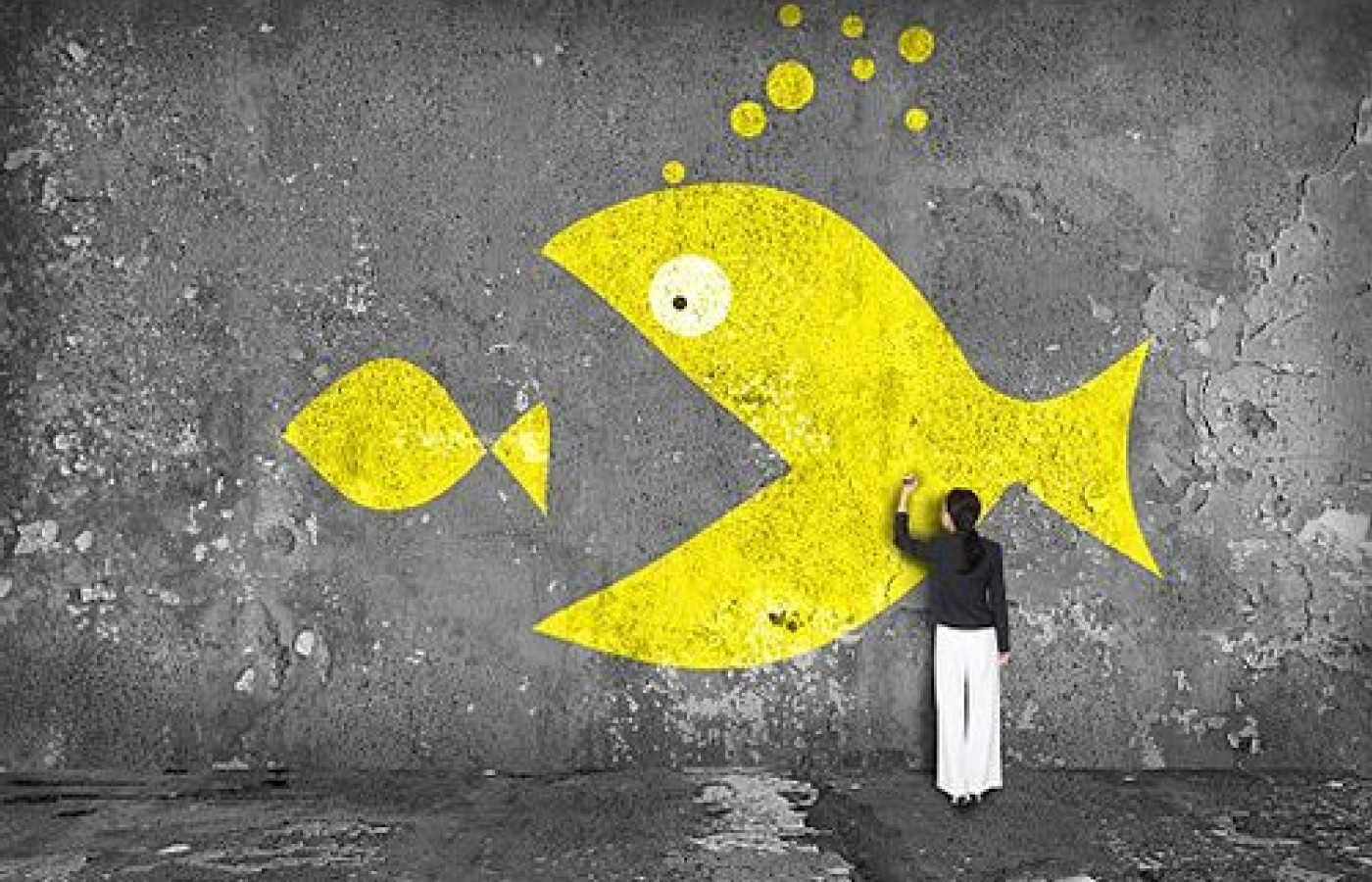The most important relationship I seek to nurture in the treatment room is the one a patient has with their own body. We live in a culture that teaches us to override pain, defer to outside authority, and push through discomfort. Patients often arrive hoping I can “fix” them, but the truth is, we can’t do the work for them. We can offer guidance, insight and support, but healing requires their full participation.
Integrative Pain Management Takes a Huge Hit: AIPM Folds
The Academy of Integrative Pain Management (AIPM) – known until a few years ago as the American Academy of Pain Management (AAPM) – has announced it is ceasing operations despite 30 years as a leading voice for integrative pain management and partner in the Integrative Pain Care Policy Congress.
"This is an incredibly difficult and sad decision," said Bob Twillman, PhD, executive director, in an AIPM press release. "Our message has never been more relevant than now, amid the nation's opioid crisis, yet we have found it increasingly difficult to maintain the resources needed to sustain our efforts. We are proud of our message and of what we have accomplished, especially over the last several years. We hope that others will step into the void we will leave in the pain field and carry on this vital work."
According to Twillman, declining support from Big Pharma – yes, Big Pharma – is one of the factors that ultimately forced AIPM's hand. "The irony is that attacking the pharma companies has ended up hurting the effort to attack the opioid problem with sane pain practices," he revealed in an interview with The Integrator Blog.

While Big Pharma (particularly opioid manufacturers) used to provide up to 20 percent of the AAPM's budget in the form of event sponsorships and other funding – which was used to advocate for an integrative model of pain management – those contributions dropped precipitously once AAPM officially changed its name to include the word integrative.
With the AIPM announcement, licensed acupuncturists and other providers are left with questions: How will this void impact pain management advocacy and policy moving forward? What about practitioners who earned a diplomate or other designation with the organization? Will another organization be formed to continue the AIPM's mission?



